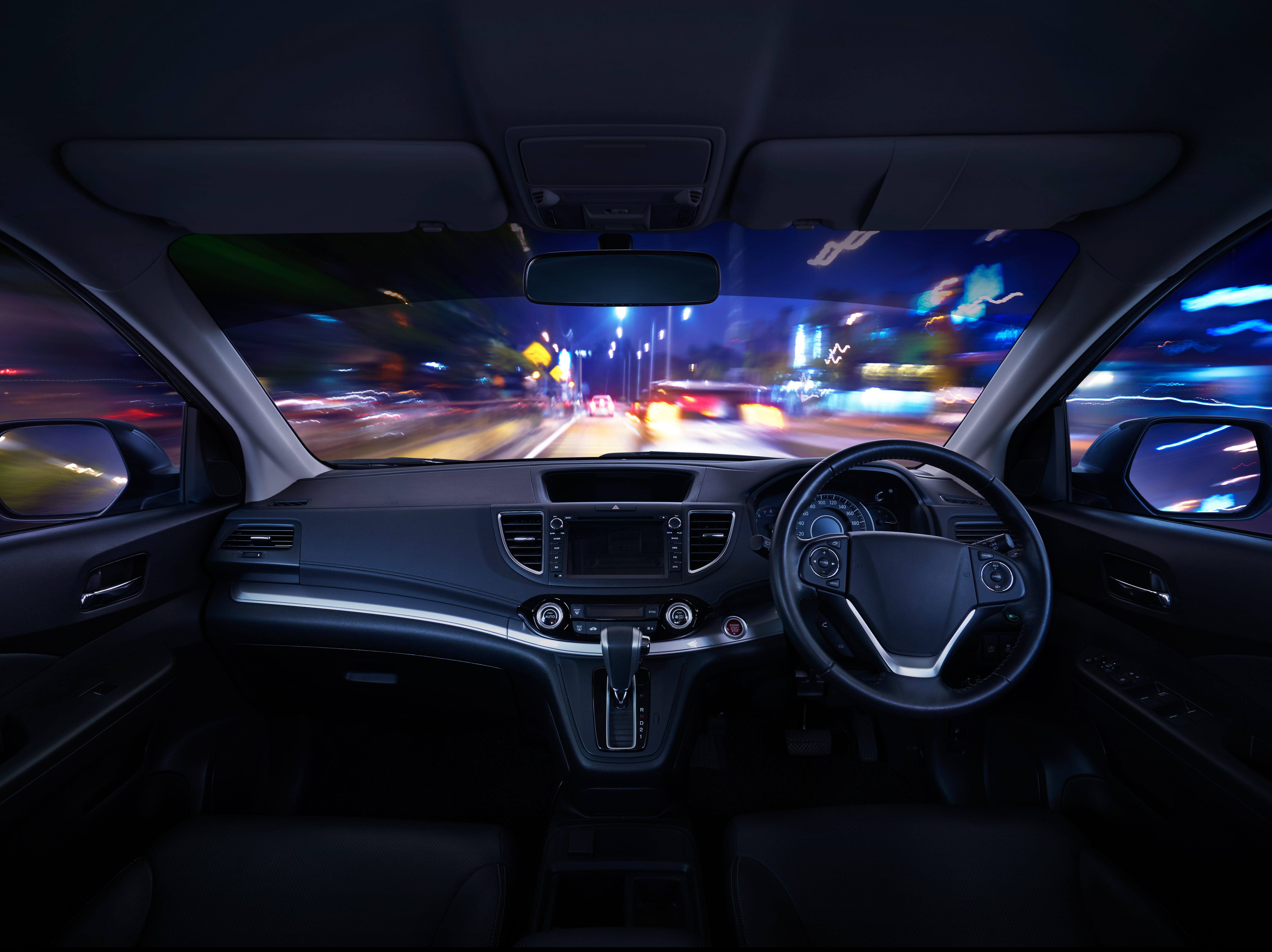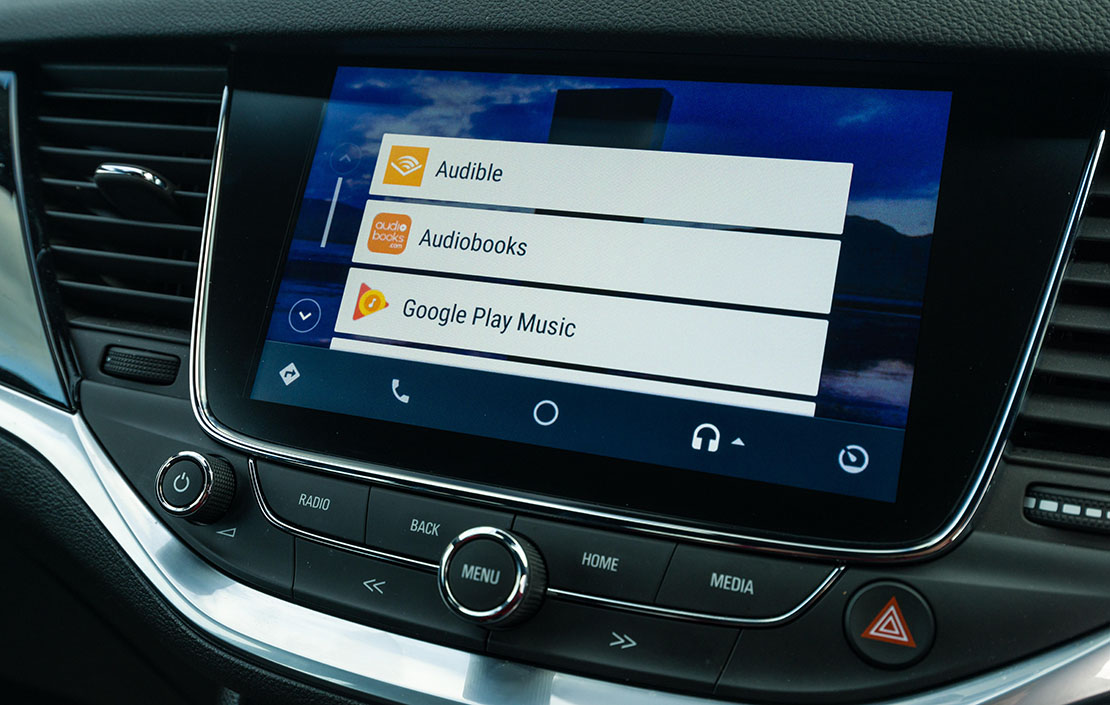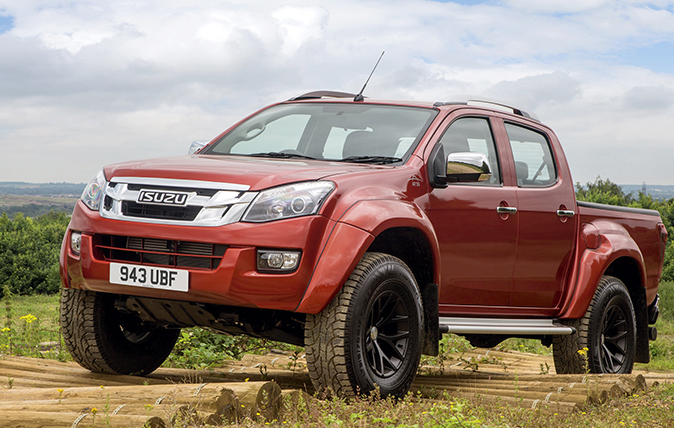The absurd driving aids of the modern car that are, at best, annoying — and at worst, downright dangerous
Our motoring guru Charles Rangeley-Wilson laments the growing number of cars’ automated features–from lane assist to emergency braking and too-sensitive boot-closing devices–that drive him mad.


Exquisite houses, the beauty of Nature, and how to get the most from your life, straight to your inbox.
You are now subscribed
Your newsletter sign-up was successful
I have held back on a certain train of criticism of more or less every car I’ve reviewed in recent months, or even the past year or two. It would be unfair, I’ve thought as each month went by, to single any one car out for a full-on assault — although some have tempted me.
I’ve saved it all up, much as I did for my complaint about the menacingly dangerous innovation of touch-screens published a year ago. Not that it appears to have made much difference — we’re all driving attention-sapping computers now. ‘That’s okay,’ is how I imagine the thinking goes at the Ministry of Transport, which pooh-poohed my Cassandra warning that accident statistics will climb in sync with touch-screen adoption, ‘because soon we will all be passengers in cars driven by robots.’ Ta dah!
Gulp. That’s not a prospect I hold much enthusiasm for. Not if the results so far of the inexorable and daft automation of more or less anything that can be automated — regardless of whether or not it should be — are anything to go by.
Currently, this intrusion falls into two broad categories: the needless and irritating, but probably harmless; and the well-intentioned, but also irritating and possibly dangerous.
The needless category generally involves the automation of something that has been, until now, no trouble at all to do manually — such as closing a boot lid. Because this perfectly simple thing can be automated, it has been automated. No one stopped to ask why. The result is that all car boots now close or open achingly slowly, in a pedantic sequence that cannot be altered, not even if you’ve just realised you’ve left your keys inside.
Opening, or closing, the boot is now so effortless you can do it when you don’t want to — because the key-fob button is ridiculously sensitive, for example — and not when you do. Skittish dogs can be released accidentally, at long range, on to the A1. Or you can be left standing there in the rain while the damn thing makes up its mind.
'Several times, the car I’ve been driving has seen a ghost and I know I don’t want to stop at random when being followed by a milk tanker'
More worrying is the well-intentioned, but actually dangerous: such as default Lane Assist. Call me old fashioned, but when you get so tired you can no longer drive the car between the lines, I feel you should stop and have a cup of tea. Not lazily rely on some spooky microchip that sees phantom lines in the middle of the lane or tries to steer you away from a grass verge and into the path of a tractor or tugs scoldingly at the wheel every time you change lanes without indicating.
Exquisite houses, the beauty of Nature, and how to get the most from your life, straight to your inbox.
It’s fine to have the function available (as cruise control is; I just never use it), but now, manufacturers are making lane assist the default every time you turn the engine on. Because the system is basically rubbish, that’s simply stupid.
'There are also things that could be automated, but that, so far, have been ignored: GPS-based speed-limiters for towns, villages and near school playgrounds'
Emergency-brake ‘assist’ systems are pretty much all default. One day, a system such as this may save my life. Who knows? Right now, I fancy I can hammer on the anchors pretty well when I need to.
I can certainly tell the difference between complete thin air and an obstacle I don’t want to hit, but several times, the car I’ve been driving has seen a ghost and I know I don’t want to stop at random when being followed by a milk tanker. I know a bumpy Fenland road is not an actual traffic accident. I know I’d rather drive into a verge of nettles than be hit from behind by someone who’s looking at their phone (or their touch screen).
Sure, some automation systems are brilliant. ABS must have saved countless lives. Stability control is the same. There are also things that could be automated, but that, so far, have been ignored: GPS-based speed-limiters for towns, villages and near school playgrounds would be genuinely worthwhile, I feel.
However, this capacity for good, bad or stupid automation is too potent and too important to leave to the whims of car-makers locked in an automation cold war, turning every car they build into a hare-brained experiment. We need rational agreement on what could do with a helping hand (adhesion in the wet, for example) and what is (within the limits of technology as it is now, not where it might be one day) best left alone, such as steering and knowing when to apply the brakes. 

The dangers of touch screens: handy device or hazardous distraction?
Charles Rangeley-Wilson bemoans the ubiquitious use of dangerous touch screens in vehicles and says they need to be banned –

Credit: David Shepherd
Range Rover Velar review: 'Room, anyone, for an iPhone on wheels? Meet the Velar.'
Range Rover’s Velar feels classy and timeless, with pools of polished, seamless black glass that rival even Steve Job's creations.

Credit: BMW
The BMW X5: A smorgasbord of digital razzmatazz, the grip of a spider and the acceleration of a scalded feline
The new BMW X5 is a strong contender for the (fictional) best-of-all-worlds award – apart from the monstrous gearstick. Charles Rangeley-Wilson

Isuzu D-Max Arctic Trucks AT35 review: 'It'll go through puddles you could bury a hippo in'
We might not need an extreme off-roader, but that doesn’t mean we don’t want one. Charles Rangeley-Wilson is first in
